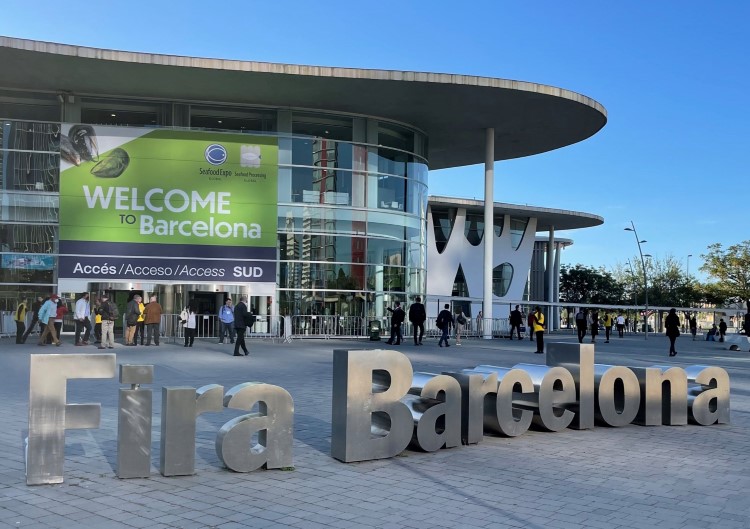GAA Responds to Allegations of Unfair Working Conditions in Shrimp-Processing Sector
September, 2012
Through the development of its Best Aquaculture Practices (BAP) certification standards, the Global Aquaculture Alliance (GAA), the world’s leading standards-setting organization for farmed seafood, addresses the type of labor abuses cited in two recent reports in the U.S. mainstream media.
The first is a Washington Post article documenting the tribulations of Burmese migrant workers employed at shrimp processing plants in southern Thailand. Titled “In a world hungry for cheap shrimp, migrants labor overtime in Thai sheds,” the article ran on Sept. 19. The second is a PBS NewsHour segment titled “Thai shrimp industry exploits workers to whet global appetite for cheap shrimp.” It aired on Sept. 20. Both reports originated from the Pulitzer Center on Crisis Reporting.
GAA is committed to promoting social accountability through its BAP certification program. Shrimp processing plants and farms certified against the BAP standards must ensure a safe, healthy working environment and adequate living conditions. The BAP standards also address wages and other terms of employment.
The BAP certification program is based on independent audits evaluating compliance with the BAP standards. The BAP standards—which are achievable, science-based and continuously improved—also address environmental responsibility, animal welfare, food safety and traceability.
Currently, more than 400 facilities worldwide are certified against the BAP standards. In addition to shrimp farms and seafood processing plants, BAP standards have been developed for salmon, tilapia, Pangasius and channel catfish farms, shrimp hatcheries and feed mills.
Many of the world’s largest retailers and foodservice operators, including Walmart, Sam’s Club and Darden Restaurants, which were cited in the Washington Post article, buy seafood, including shrimp, from BAP-certified facilities. Darden is also a GAA founding and governing member.
In addition to addressing labor- and staff management-related issues through its BAP standards, GAA is committed to promoting social accountability through educational means, including its annual GOAL (Global Outlook for Aquaculture Leadership) conference program.
GOAL 2012, which takes place in Bangkok, Thailand, from Oct. 30 to Nov. 2, features a panel discussion on labor and social accountability. Panelists include Tuomo Poutiainen of the International Labour Organization; Mudnakudu Nandeesha of Tamil Nadu Fisheries University; Pedro Bueno of the Network of Aquaculture Centres in Asia-Pacific; John Connelly of the National Fisheries Institute; GAA’s Lisa Goché; and May Myat Noe Lwin, a Burmese native who owns her own softshell crab farm, seafood-trading business and aquaculture equipment and supply business in southern Thailand.
Also speaking at GOAL 2012 is Mr. Manoch Sangkaew of Thailand’s Department of Labour Protection and Welfare. He’s the director of problem solving and prevention within the department’s Labour Protection Group.
Editor’s note: Tom Mazzetta, founder and CEO of Mazzetta Company in Highland Park, Ill., also responded to the allegations of labor abuses in Southeast Asia’s shrimp-processing sector. The letter was first published by Seafood.com. Click here to read the letter.



